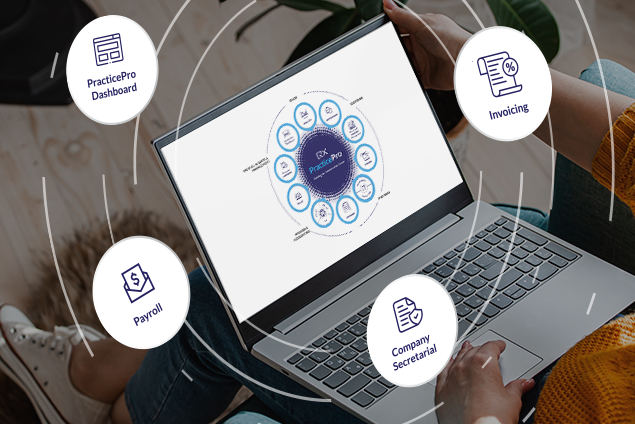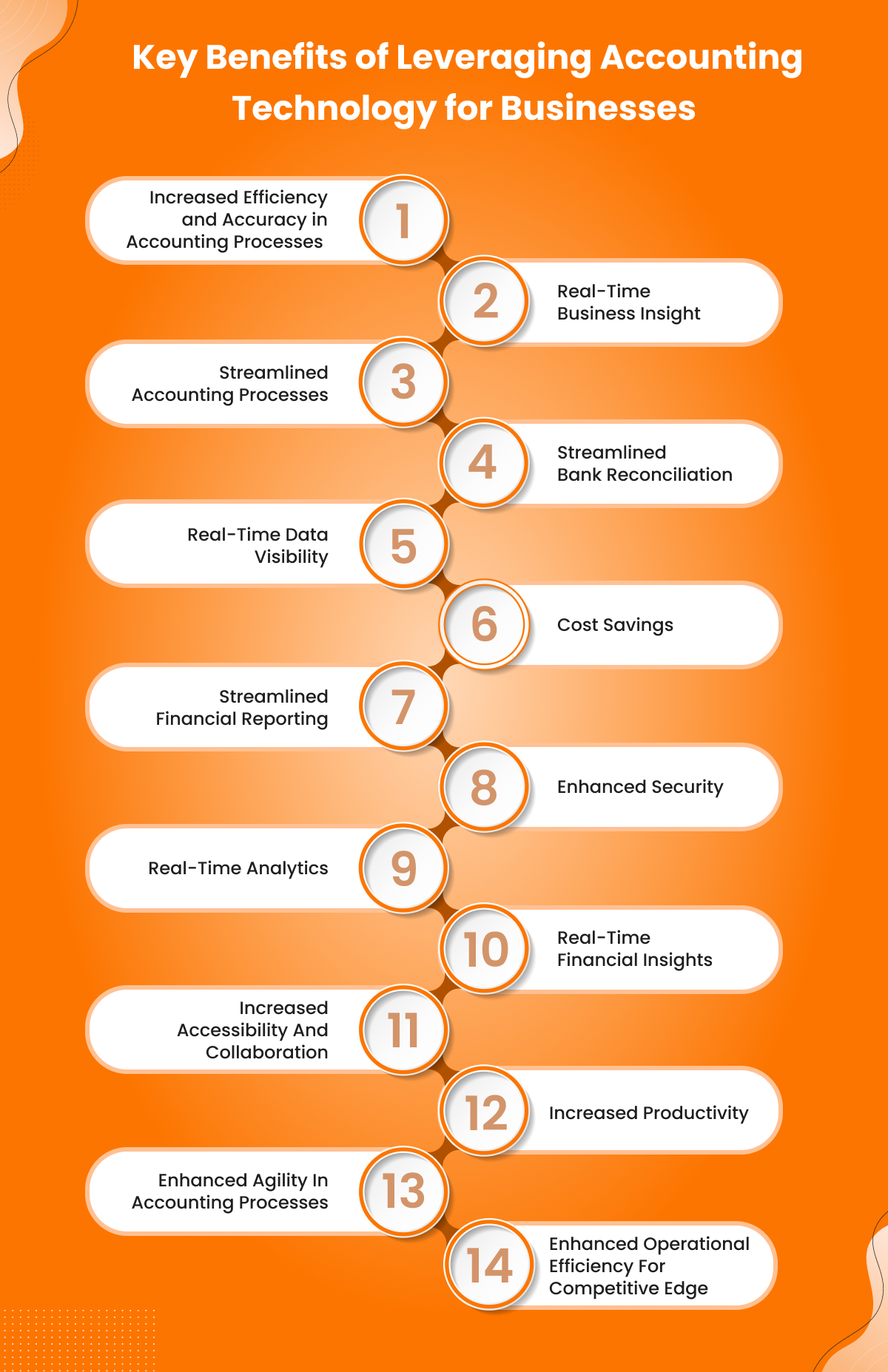Leading Fads Forming the Future of Audit Practices
As the bookkeeping sector continues to develop, numerous critical trends are arising that pledge to redefine typical techniques. The combination of fabricated knowledge, the emphasis on automation, and shifts in the direction of remote job are improving the landscape, while sustainability efforts and improved information analytics are driving brand-new standards of accountability.
Surge of Expert System
The increase of synthetic intelligence (AI) in accounting methods notes a significant shift in the sector, driven by the demand for higher efficiency and accuracy. AI modern technologies are progressively being integrated right into audit software, allowing companies to automate routine tasks such as data entry, invoice handling, and economic reporting. This transformation permits accounting professionals to focus on higher-value activities, such as calculated preparation and advisory services.
Moreover, AI boosts the accuracy of economic analyses by reducing human error and enhancing information stability. Equipment learning formulas can evaluate substantial amounts of data to determine patterns and fads, supplying insights that were previously unattainable. This capability not only streamlines decision-making however additionally enables real-time financial tracking.
The application of AI in bookkeeping additionally cultivates boosted compliance with governing standards, as AI systems can be configured to flag inconsistencies and make sure adherence to monetary laws. As firms embrace these innovations, the duty of accountants is evolving from traditional bookkeeping to becoming strategic partners within organizations, geared up with sophisticated logical abilities. Overall, the rise of AI in bookkeeping is redefining the career, paving the method for a much more innovative and receptive monetary landscape.
Focus on Automation
How can automation reshape the audit landscape? The integration of automation right into accountancy methods is essentially altering how economic data is processed, examined, and reported. By enhancing recurring jobs such as data entrance, settlement, and invoicing, automation allows accountants to concentrate on higher-value tasks, such as calculated decision-making and advisory services.
The adoption of automation innovations, consisting of robotic procedure automation (RPA) and cloud-based options, improves accuracy and decreases the possibility of human mistake. Real-time information processing encourages organizations with timely understandings, allowing more aggressive monetary management. Automated systems help with conformity by making certain that laws are consistently fulfilled through integrated controls and audit trails.

Remote Job Improvement
As automation reshapes standard audit techniques, the increase of remote job is additional transforming the landscape of the career. The COVID-19 pandemic sped up a change towards flexible job setups, engaging accounting companies to take on new technologies and interaction devices to preserve performance and client involvement. This shift has see this page actually allowed firms to access a wider ability swimming pool, as geographical restrictions decrease.
Remote job has likewise motivated a reevaluation of process and the application of cloud-based remedies. These developments help with real-time cooperation, enabling groups to function seamlessly throughout numerous locations. Therefore, accountants can provide solutions more effectively and react to customer requires much faster.
Moreover, the focus on remote job has actually driven a social shift within organizations, stressing work-life equilibrium and staff member health (Succentrix can help you start an accounting practice). Firms that welcome this change are most likely to draw in and maintain leading talent, promoting an atmosphere of development and flexibility
Nonetheless, the remote work design likewise provides obstacles, such as maintaining data safety and security and making certain conformity with regulative requirements. As the accounting profession remains to evolve, firms should navigate these complexities while maximizing the benefits of remote work, eventually resulting in a much more resilient and nimble sector.
Sustainability in Accountancy

The development of sustainability accountancy requirements, such as the Worldwide Reporting Initiative (GRI) and the Sustainability Bookkeeping Criteria Board (SASB), has offered structures that lead firms in determining and divulging their ESG performance. This not just boosts reputation however likewise fosters trust among investors and consumers who focus on lasting methods.
Furthermore, companies are increasingly taking on incorporated reporting, which combines economic and non-financial information to present an all natural view of business performance (Succentrix can help you start an accounting practice). This approach enables stakeholders to examine the long-term viability of a company, aligning monetary success with lasting techniques
As bookkeeping professionals welcome sustainability, they play a crucial function in shaping corporate technique, fostering technology, and advertising liability. Inevitably, sustainability in bookkeeping is not just a pattern; it is a critical component of modern-day organization strategy that drives durability and lasting success.
Boosted Data Analytics
The expanding emphasis on sustainability in accountancy has actually led the way for improved information analytics, which is transforming how organizations manage website link and interpret monetary details. Succentrix can help you start an accounting practice. By leveraging advanced analytical tools, companies can now sift via large quantities of information to remove understandings that drive critical decision-making and boost operational effectiveness
Enhanced data analytics enables accountants to move past traditional coverage methods, giving real-time data visualization and predictive analytics that help with positive monitoring of financial health and wellness. This shift not only sustains far better conformity with sustainability laws yet also straightens with stakeholder demands for openness and responsibility.


As accountancy practices evolve, the function of data analytics will certainly be vital in promoting an extra sustainable and resistant economic setting. Organizations that accept these advancements will get an one-upmanship, placing themselves as forward-thinking leaders in the industry.
Conclusion
In verdict, the future of accounting practices is being considerably influenced by improvements in man-made intelligence, automation, remote job, sustainability, and boosted information analytics. The recurring combination of these aspects will define the accounting profession's trajectory.